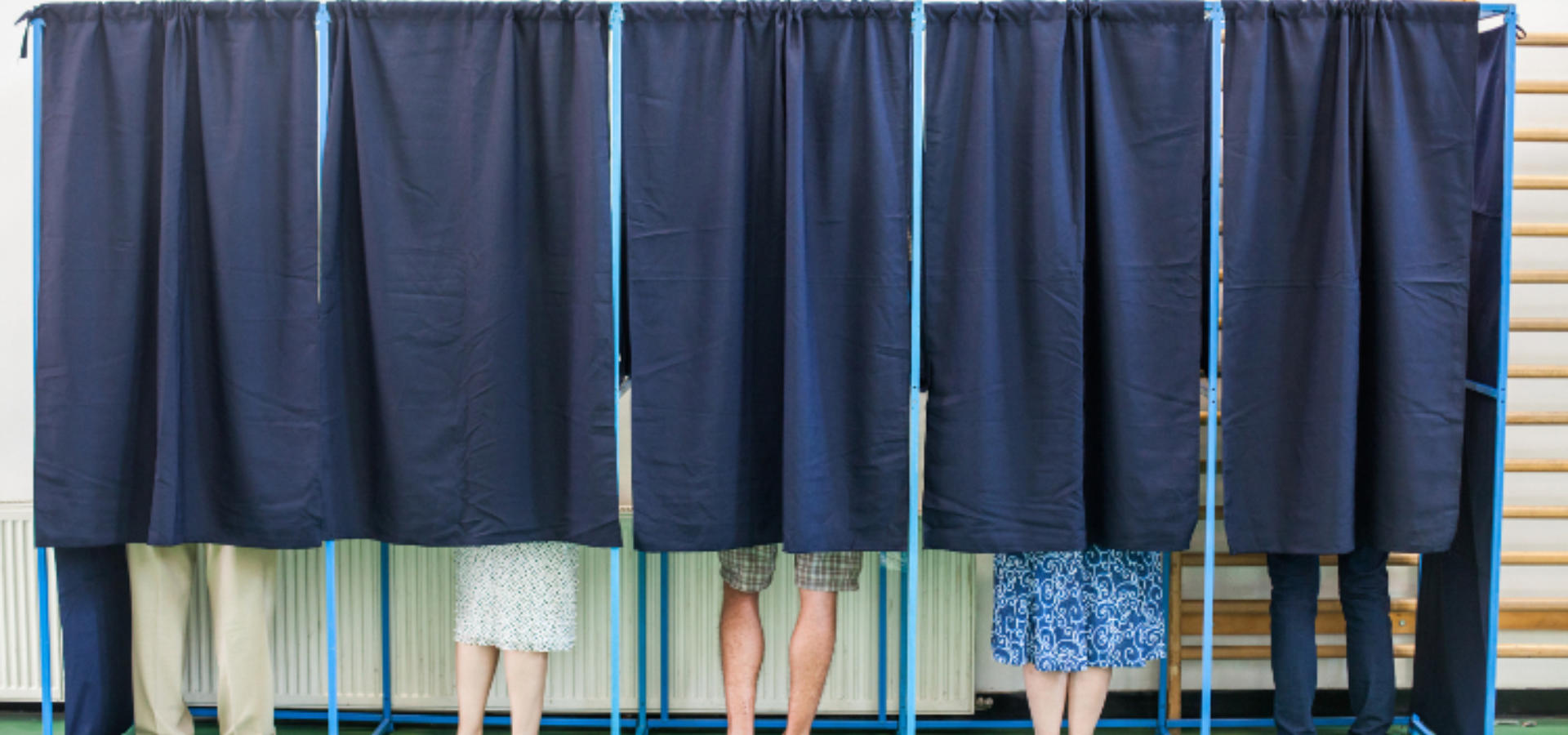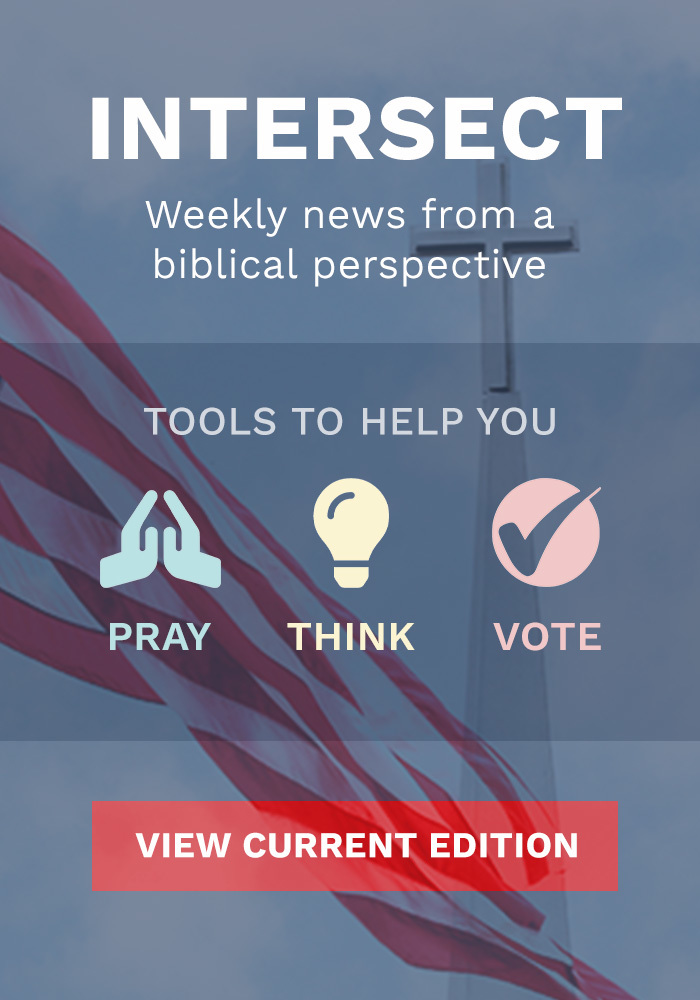
2017 Election Results Rundown
While many people referred to 2017 as an “off-year” for elections, last week more than 2,000 elections took place. Forty percent of the nation had an opportunity to cast a vote last week. Here is a quick rundown of the outcomes and our observations of some of those key elections:
Competitive School Board Races
92 percent of candidates in nearly 1,000 school board elections across the nation faced opposition in last week’s elections.That’s an increase in contested races of about 18 percent from last year’s November elections, according to Ballotpedia.
One school board race we watched closely was in Douglas County, Colorado. Central to the election was the issue of school vouchers. Given that 4 of the board’s 7 seats were up for election, the outcome would establish the majority for the board, and therefore, the agenda for the school district over next four years. Central to the future agenda of the board is the opportunity to challenge – or not – the state constitution prohibiting parents from directing state-provided funds to private religious schools. All four of the seats were won by candidates who oppose the voucher program, and therefore, it can be assumed that the board will decide not to pursue further action on the voucher program. Even while the election received national attention and funding, voter turnout was no higher than that of prior years.
Socially Progressive Agenda Won in State Races
Many are talking about the races for governor in New Jersey and Virginia as a referendum on Donald Trump. That may be, but either way, the outcomes were an advancement for a liberal agenda. The elected governors, Phil Murphy (NJ) and Ralph Northam (VA), promoted progressive agendas in their election bids, supporting the protection of abortion rights, prohibiting or limiting parental school choice for their children, and elevating sexual orientation and gender identity to a protected class, to name a few.
In both states, Democrats now control the executive and legislative branches of the state government. Six other states are also fully controlled by Democrats. 26 states are fully controlled by Republicans.
High Success Rates of Incumbents
In the over 300 municipal races with an incumbent candidate, the incumbent won in 90% of the elections. Most of these wins were in large, liberally-progressive cities, such as New York, Minneapolis, Detroit, and Boston.
Democrats are Motivated
All eyes were on Virginia, a purple state, to see if voters would turn out in large enough numbers as a repudiation of Donald Trump. It was the highest voter turnout in 20 years in the Virginia governor’s race. While Republicans increased voter turnout by 10% from 4 years prior, Democrats increased their turnout by 30%. The result: Virginia Governor-elect Ralph Northam, a Democrat, beat his Republican opponent Ed Gillespie by eight percentage points, a larger margin than predicted in polls leading up to the election.
Democrats are motivated by this outcome and are now looking to mirror the strategies used in Virginia in key states for the 2018 midterms. It is predicted that next year’s elections will set record levels for campaign spending by candidates and special interest groups motivated to establish control in Congress.
Utah’s 3rd Congressional District Seat
A special election was held in the 3rd Congressional District of Utah for the U.S. House of Representatives. Provo Mayor John Curtis (R) defeated Kathie Allen (D) in the election to replace Jason Chaffetz (R), who resigned from office on June 30, 2017. The Republican win was no surprise, as the district was ranked by The Cook Political Report as the 16th most Republican congressional district in the country.
The win gives Republicans 241 seats in the House compared to the 194 seats held by Democrats.
Because this was a special election for Utah’s 3rd District, Curtis’ seat will be up for election again next year when all 435 seats in the House of Representatives will be voted upon.
###
My Faith Votes— is a ministry that motivates, equips, and activates Christians in America to vote in every election, transforming our communities and influencing our nation with biblical truth. An estimated 25 million Christians who are registered to vote, fail to vote in presidential elections. My Faith Votes is on a mission to change this statistic by helping Christians act on their faith and vote in every election. When we pray unceasingly for our nation, think biblically about the issues, and vote consistently in every election the impact of Christians taking action from the local to the state and federal level will be unprecedented.
Website | www.myfaithvotes.org Twitter | @MyFaithVotes Facebook | My Faith Votes
